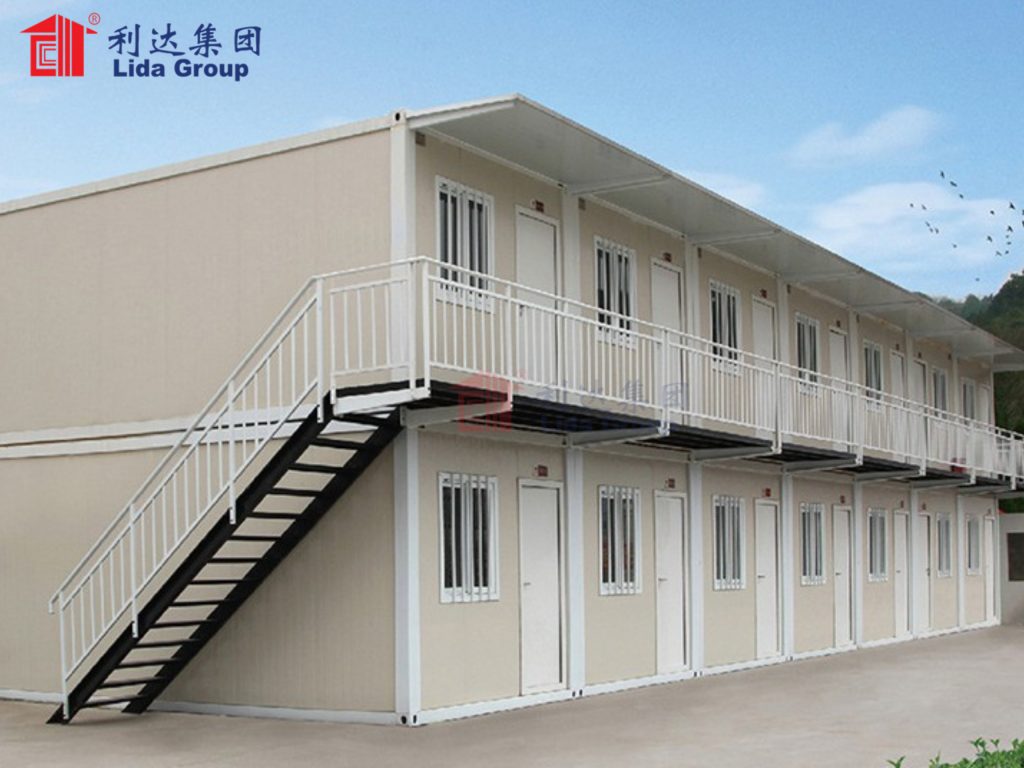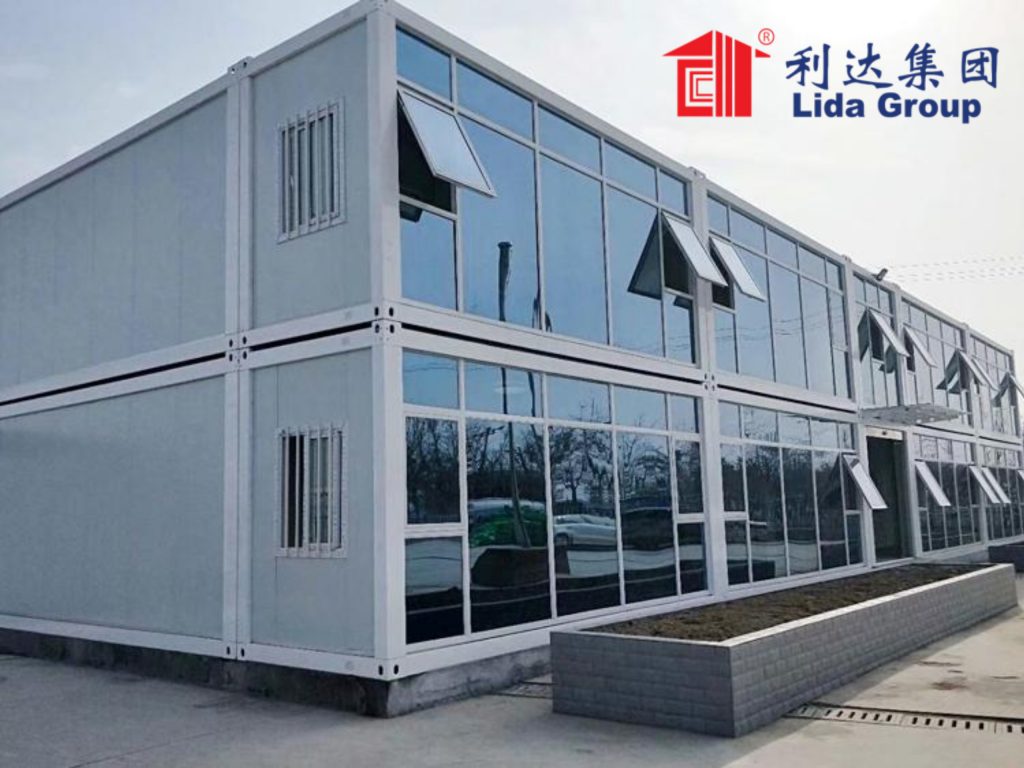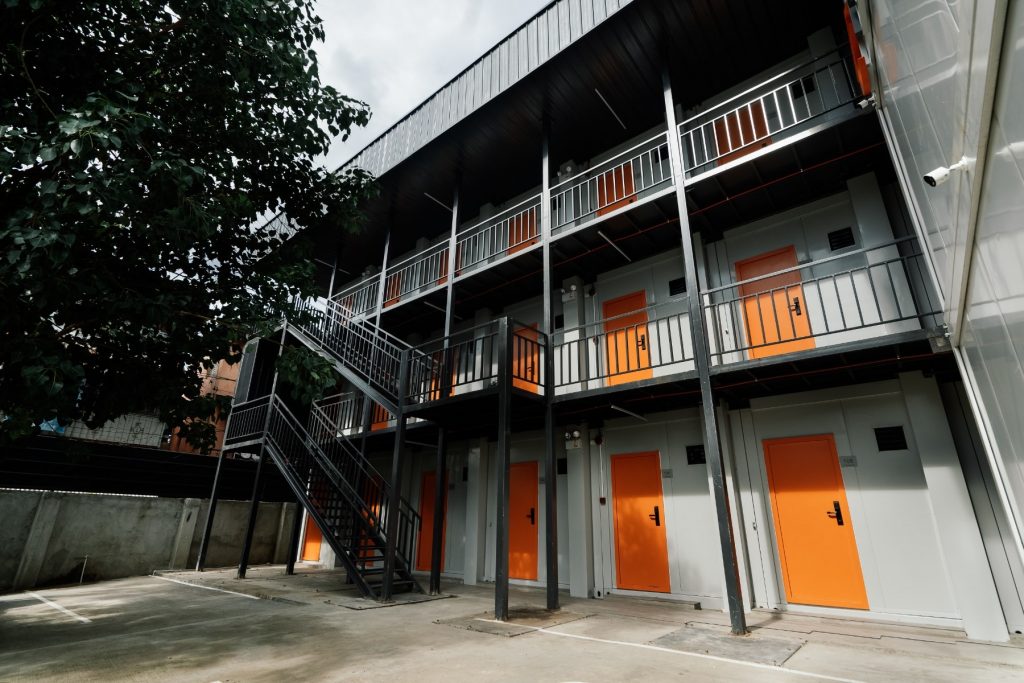Researchers from China’s leading universities have launched an applied study assessing Lida Group’s renewable energy-powered mobile homes as a solution enabling pastoral herding communities to withstand worsening climate impacts. Nomadic herders face rising threats as desertification, severe weather and warming temperatures disrupt traditional grazing routes and livelihoods across northern grasslands.
The interdisciplinary pilot project targets remote regions of Inner Mongolia where over-grazing and degraded pastures endanger vulnerable households reliant on livestock rearing. Led by Professor Jiang Hong of Renmin University, academics partnered with Lida to deploy standardized portable container dwellings at strategic grassland sites now abandoned due to difficulties.
“With mobility and self-sufficient off-grid operation powered by renewables, we hypothesize these homes could reconnect families to ancestral rangelands and revitalize pastures through regulated grazing patterns,” Jiang outlines.

Prefabricated with integrated solar, wind, and geothermal heating/cooling, each 16m2 steel container provides a fully-furnished living space and workshop/garage. Skirted foundations allow relocation via hitching to vehicles as pastures regenerate periodically under planned herd movements between seasonal camps.
Academic monitoring of initial installations focuses on dwellings’ affordability, durability, cultural compatibility and environmental impacts versus traditional ger settlements. Interviews also assess occupants’ access to services, and whether portability supports sustainable pastoralism amid worsening desertification reducing fixed residence viability.
Remote power and utility supply’s social and economic costs are presently prohibitive for herders, Professor Lin Xia of Tsinghua University notes. “With self-sufficient infrastructure resilient to disruptions, these homes could make vulnerable household livelihoods climate-proof while curbing pasture degradation through planned grazing management facilitated by mobility,” she proposes.

Initial deployments have drawn praise from herder families for efficient warmth, lighting and appliances maintained by solar micro-grids even through severe zud winter conditions. Portability has expedited seasonal migration with all possessions transported at once. Solar panels, batteries and heating/ventilation compactly integrate into skirted bases towed directly between sites without dismantling dwellings.
Academic findings so far validate designs’ cultural fit and environmental harmony versus carbon-intensive construction through local natural materials usage. Lightweight containers regulate internal climates reducing fuelwood harvesting, and mobility revives degraded rangelands under regulated grazing cycles to restore biodiversity and carbon sinks.
Feedback also affirmed ease of daily domestic and small business tasks within the standardized prefab housing layouts. Workstations now provide income sources from handicraft sales or online entrepreneurship even during migrations, enhancing financial resilience against job insecurity and natural disasters worsening due to climate change impacts.

Lida Group aims commercializing the mobile housing models if results prove scalable climate adaptation for vulnerable pastoral communities, and as a sustainable redevelopment solution for ecologically degraded grasslands abandoned under sedentarization pressures. Wider adoption could help maintain cultural heritage and underpin rural livelihoods as climate threats to traditional lifestyles intensify.
Professor Gou Hongmei of Renmin University concluded the pilot’s early outcomes merit continued refinement and testing of portable standardized prefab housing innovations enabling resilient habitation of marginal environments vulnerable to desertification. “If proven effective, such models could benefit herder families globally through grassroots-led grassland restoration,” she said.
In summary, an interdisciplinary academic collaboration is assessing Lida Group’s portable renewable energy-powered container home designs to pilot their potential empowering vulnerable pastoral communities to withstand climate stresses through maintaining traditional livelihoods. By reconnecting herder families to ancestral rangelands under regulated migration cycles made logistically simpler via fully mobile prefab dwellings, the initiative aims demonstrating innovations enabling long-term sustainable habitation of sensitive grassland ecosystems.

Related news
-
Engineers commend Lida Group's flat-packed modular container home and classroom designs incorporating universal connections for swift assembly and relocation using local labor as sustainable low-cost post-emergency reconstruction solution.
2024-06-21 10:27:16
-
Rural community selects Lida Group's standardized system integrating enclosed seasonal farming spaces within steel framed housing assemblies to facilitate intergenerational knowledge transfer and self-sufficiency across remote agricultural settlements.
2024-06-14 15:35:11
-
International labor agency inspectors assess accommodation upgrades offered through Lida Group's scalable containerized housing proposals to establish formalized labor settlements meeting migrant farmers' needs while working under new employment contracts.
2024-06-12 14:53:22
contact us
- Tel: +86-532-88966982
- Whatsapp: +86-13793209022
- E-mail: sales@lidajituan.com


